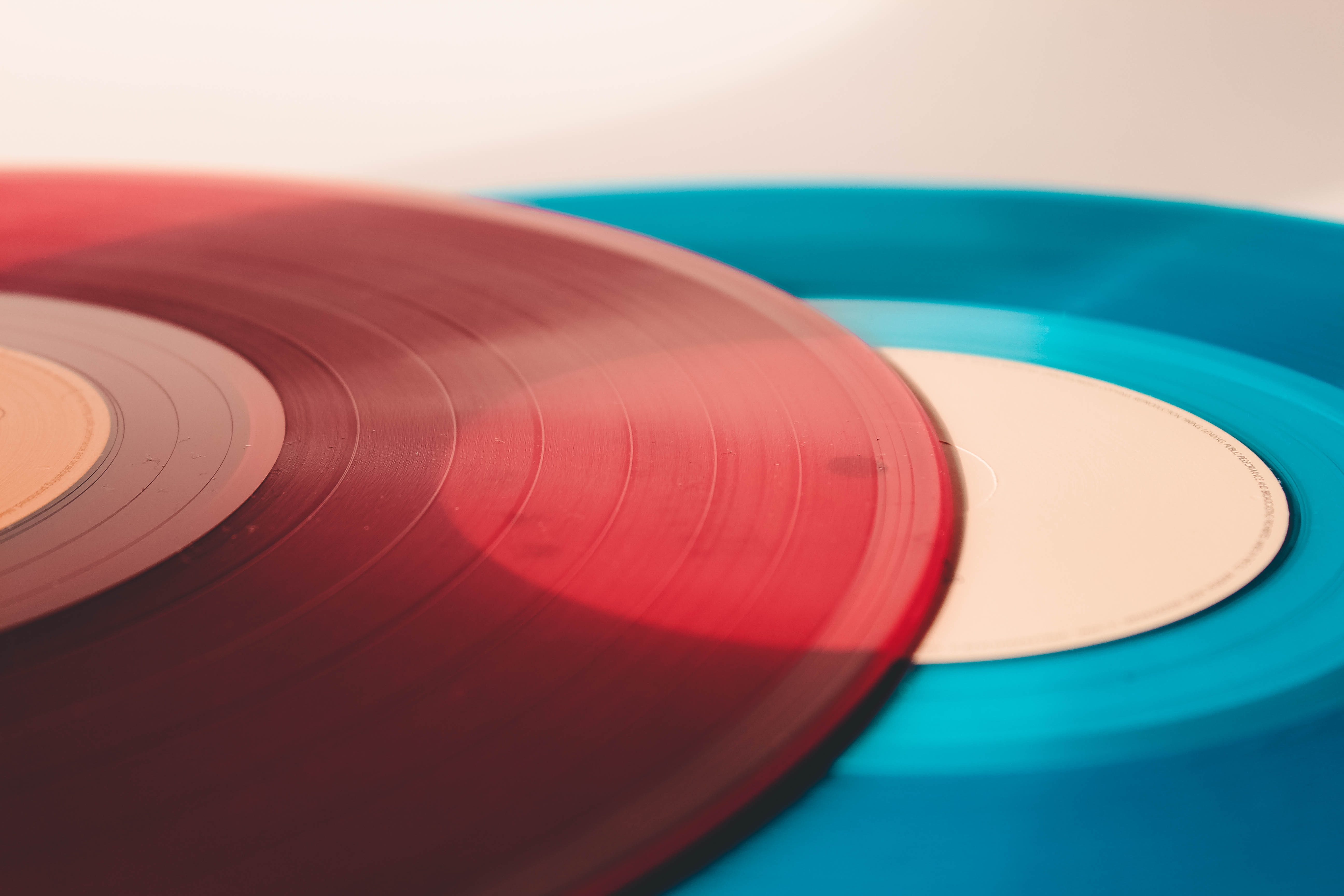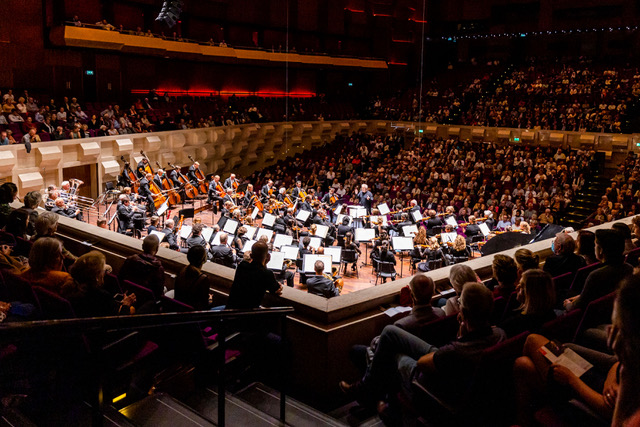Willem Jan Keizer
Rotterdam – Tchaikovsky’s Symphony no. 6, the last symphony he wrote, is nicknamed ‘Pathétique’, like we think referring to the tormented soul of the composer. Wasn’t he probably gay in a time and a country where that was and still is not done? And depressive? Probably this is not the case, but most likely a wrong interpretation of the Russian ‘Patetiteshkaya simfonia’, meaning as much as ‘Symphony of Feelings’. On the other hand: it was composed in the year that Tchaikovsky died under suspicious circumstances.This masterpiece was performed in the closing concert of a weekend long Gergiev Festival in concerthall de Doelen in Rotterdam, hosted by the Rotterdam Philharmonic Orchestra.
The concertopening though was for Tchaikovsky’s seldom played Pianoconcerto no. 2 edited in 1955 under supervision of Fritz Oeser. This German musicologist did a decent work for his time, but there are more modern critical editions, one of them performed a couple of years ago by the RPhO. Knowing that Tchaikovsky was the first Russian composer not only to throw the local folklore elements overboard but also seeking modernisations in the structure of his music then still this pianoconcerto is a peculiar work. The non-stop thundering chromatic lines and scales in the first part make you gasp for breath and wonder what in heaven’s name might be the story behind the massive amount of notes. Nevertheless soloist Alexandre Kantorow, son of violinist Jean-Jaques Kantorow, did a remarkable job in this gung-ho showcase. Although his encore was just as strange as the pianoconcerto itself. He played the Finale from Strawinsky’s Firebird, trying to hit all the notes that were written in the orchestral score. It was certain he didn’t miss one but the musical idea behind the most beautiful grand finale ever written for the orchestra lost its way in the river of notes, chords and tremolos.
Then back to the ‘Pathétique’. However popular this work may be, the drama, as well as joy and happiness that it represents and the unusual structure makes this work an outstanding monument in the canon of symphonic works. Although we all know the melodies, the pseudo-waltz in the second part, the exuberant rhythms in the third part that ends as if the composer had to surpass Beethoven, the dramatic surprise in the forth episode of this symphony is heartbreaking. When the music already had died away, conductor Valery Gergiev kept the silence for over two minutes as it were to commemorate the composer of this fantastic symphony in a razor sharp, brilliant performance by the easy-playing Rotterdam orchestra. The flowers he received during the roaring applause, he put meaningfully on the score laying open on the desk in front of him.
String orchestra
The Russia-born viola player and conductor Rudolf Barshai knew the potential of the string ensemble from the symphony orchestra very well. Of course starting with Tchaikovsky’s Serenade for Strings op. 48 and the serenades composed by Antonin Dvorak as well as Edward Elgar, but also the work Arnold Schönberg did on his own string-sextet Verklärte Nacht, changing it from a sextet without double basses into an orchestra piece for strings. And indeed the Capriccio Sextetto from the opera Intermezzo op. 72 by Richard Strauss and his best work, Metamorphosen for 23 strings. As a conductor of the symphonic works of Dmitri Shostakowich, Barshai recognised the symphonic power of the string quartets of the Soviet-composer. Shostakowich wrote fifteen symphonies and likewise, fifteen string quartets, all linked in one or another way.
Barshai’s arrangement (what more did he do than adding a double bass voice distilled from the cello part?) of String Quartet no. 8 op. 110, renamed Kammersinfonie, was performed by the Rotterdam Philharmonic Orchestra during the Gergiev Festival. This work shows the signature of the composer in the first four notes, D, E-flat, C, B-flat, or in German: DSCH, his anagram. Further references to Symphony no. 5 and Celloconcerto no. 1 nevertheless lead to an atmosphere that can be found in Symphony no. 8, the ultimate war symphony. The concentrated performance by the RPhO led by maestro Gergiev was a showcase of the quality of the body of strings. This orchestra was once called the best Russian orchestra west of Minsk, a reputation confirmed in this performance. Equally concentrated but also suffering from some questionably low tempi in the ‘Valse’, was Tchaikovsky’s ‘Serenade’. It was the master’s choice, orchestra members referred to this performance. Gergiev wished a slow speed there, bringing the Viennese Walzer almost back to an English waltz. He got away with is nevertheless in this spotless performance.
Sometimes less is more
One evening earlier this same Mariinsky Orchestra performed on the same stage in the main concert hall of de Doelen, the largest concert hall in the country. Although the programme for that evening was not the most interesting, by far even, the largely rejuvenated orchestra showed its potential. The glowing sound in the string section is still there, the brass powerful and brassy and the double basses — in a sort of Mravinsky stage-setup behind the orchestra — giving a firm basis under the orchestra sound. The excerpts from Prokoviev’s ‘Romeo and Juliet’ were the usual ones and ditto the airs from Tchaikovsky’s operas Iolantha, Jevgeni Onegin and Queen of Spades. Tenor Alexander Mikhailov is a true opera talent, worth to be observed by the big opera houses. Irina Churilova’s dramatic performance and beautiful colours in her soprano voice were unfortunately undone by her overwhelming vocal volume. Sometimes less is more. Nevertheless two talented singers with a bright future ahead. The concluding ‘Sheherazade’, undoubtedly Rimsky-Korsakov’s masterpiece, received a glowing, colourful performance. This orchestra is still the fine, developed body in the Russian tradition and is world class, despite the program performed — it replaced a performance of the complete Tchaikovsky-opera ‘Jevgeny Onegin’. All together it is less about the programme than the charismatic conductor and the two world class orchestras that form the attraction to this annual festival.
17 September: Concerthall de Doelen, Rotterdam: Gergiev Festival. Orchestra of the Mariinsky Theatre, St. Petersburg, Valery Gergiev-conductor. Irina Churilova-soprano; Alexander Mikailov-tenor. Works by Verdi, Prokoviev, Tchaikovsky, Rimsky-Korsakov
18 September: Concerthall de Doelen, Rotterdam: Gergiev Festival. Rotterdam Philharmonic Orchestra, Valery Gergiev-conductor. Afternoon concert: Tchaikovsky, Shostakowich; evening concert: Alexandre Kantorow-piano. Tchaikovsky.
©photo: Guido Pijper, 2021
©willemjankeizer2021. Nothing may be re-publised or used otherwise without prior consent

